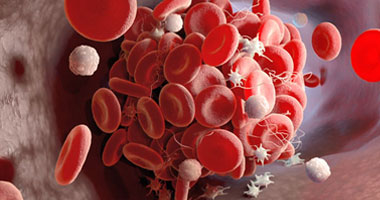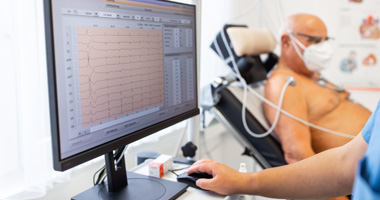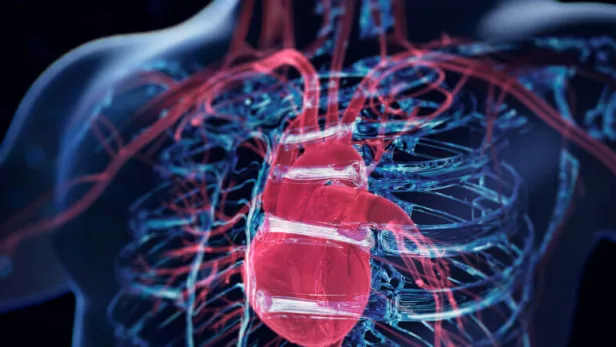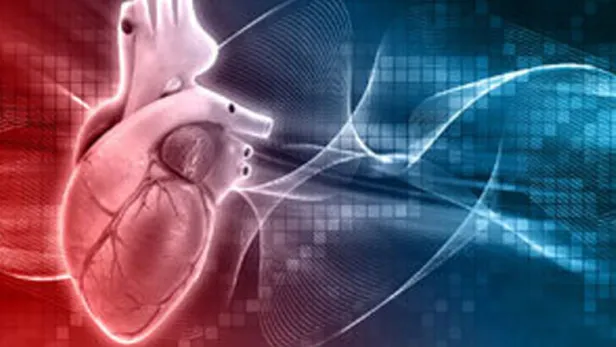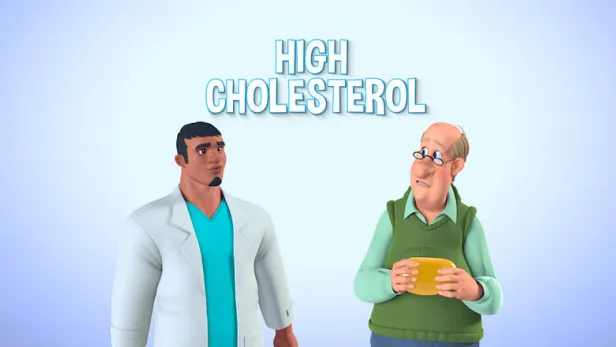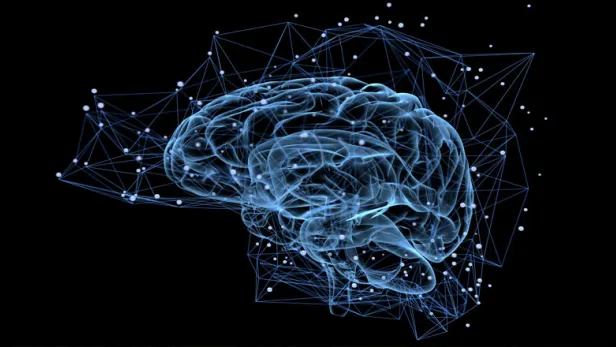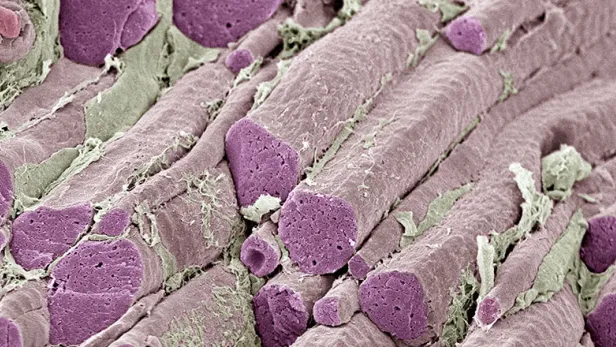The word “cardiovascular” applies to the heart (cardio) and the body’s numerous blood vessels (vascular), which include the heart, arteries, capillaries, arterioles, and venules.1 Cardiovascular diseases cover an array of conditions affecting the heart and blood vessels.2 Together, these diseases are the leading cause of death in the U.S.3 You may also hear these conditions referred to as cardiac diseases or heart diseases.2
When someone is born with a cardiovascular disease, it is called a congenital heart disease. Others may develop heart or cardiovascular diseases as they age.2
What are cardiovascular diseases?
Cardiovascular diseases affect the heart and blood vessels in different ways. For example, blood vessels may become obstructed by fatty deposits, referred to as plaque, leading to heart attacks or strokes.2,4
With heart attacks, a blood clot obstructs the heart. Heart muscle can die if it is denied blood for long enough.5
Ischemic strokes are the most frequent type of stroke. They occur when an obstruction such as a blood clot blocks blood vessels from supplying the brain. This can kill brain cells, causing a person to lose certain abilities, depends on the affected region of the brain. Hemorrhagic strokes, another type of stroke, happen when a blood vessel breaks leading to bleeding in the surrounding brain.The most common cause of hemorrhagic strokes is uncontrolled hypertension (high blood pressure).5
Depending on the specific disease type, there are factors that can put a person at risk for cardiovascular diseases.2 Factors include:
- High blood pressure (hypertension)6
- Lack of exercise6
- High LDL cholesterol (also known as “bad” cholesterol)6
- Poor diet6
- Diabetes6
- Obesity6
- Smoking6
- Infections2
- Certain medications2
- Other diseases2
In the case of congenital heart diseases, genetics may be the cause.7 Genetics are also the cause of one type of transthyretin amyloid cardiomyopathy (ATTR-CM), called hereditary ATTR-CM. Another form of that condition, wild-type ATTR-CM, does not have genetic underpinnings.8
ATTR-CM is a condition in which a specific protein accumulates in the heart, nerves, and other organs. This accumulation can stiffen the heart walls, hardening the left ventricle of the heart. This is called cardiomyopathy, which can cause heart failure.8
How do cardiovascular diseases affect the body?
In many cases, cardiovascular diseases are “silent,” meaning they go unnoticed until a person begins to show symptoms of heart failure, a heart attack, or an arrhythmia.6 Some common ways heart conditions affect health, along with their symptoms, include:
- Heart attack: Chest pain, shoulder or arm pain, shortness of breath9
- Arrhythmia: Feeling faint, dizzy, tired, weak, or having trouble breathing10
- Heart failure: Difficulty breathing, lower-body swelling, shortness of breath with normal activity11
People can prevent cardiovascular disease. Healthy lifestyles that keep blood pressure, cholesterol, and blood sugar under control can reduce the risk of cardiovascular conditions and subsequent heart attack, arrhythmia, or heart failure.12
- References
- Cardiovascular. MedlinePlus. https://medlineplus.gov/ency/article/002310.htm. Accessed April 27, 2023.
- Heart diseases. MedlinePlus. https://medlineplus.gov/heartdiseases.html. Updated September 2, 2022. Accessed April 5, 2023.
- Leading causes of death. Centers for Disease Control and Prevention. https://www.cdc.gov/nchs/fastats/leading-causes-of-death.htm. Updated January 18, 2023. Accessed April 5, 2023.
- Cardiovascular diseases. World Health Organization. https://www.who.int/news-room/fact-sheets/detail/cardiovascular-diseases-(cvds). Updated June 11, 2021. Accessed April 27, 2023.
- What is cardiovascular disease? American Heart Association. https://www.heart.org/en/health-topics/consumer-healthcare/what-is-cardiovascular-disease. Updated May 31, 2017. Accessed April 27, 2023.
- About heart disease. Centers for Disease Control and Prevention. https://www.cdc.gov/heartdisease/about.htm. Updated March 21, 2023. Accessed April 5, 2023.
- Congenital heart defects. MedlinePlus. https://medlineplus.gov/congenitalheartdefects.html. Updated August 10, 2022. Accessed April 5, 2023.
- Transthyretin amyloid cardiomyopathy (ATTR-CM). American Heart Association. https://www.heart.org/en/health-topics/cardiomyopathy/what-is-cardiomyopathy-in-adults/transthyretin-amyloid-cardiomyopathy-attr-cm. Accessed April 27, 2023.
- Heart attack symptoms, risk, and recovery. Centers for Disease Control and Prevention. https://www.cdc.gov/heartdisease/heart_attack.htm. Updated July 12, 2022. Accessed April 5, 2023.
- Arrhythmias. Symptoms. National Heart, Lung, and Blood Institute. https://www.nhlbi.nih.gov/health/arrhythmias/symptoms. Updated March 24, 2022. Accessed April 5, 2023.
- Heart failure. Centers for Disease Control and Prevention. https://www.cdc.gov/heartdisease/heart_failure.htm. Updated January 5, 2023. Accessed April 5, 2023.
- Prevent heart disease. Centers for Disease Control and Prevention. https://www.cdc.gov/heartdisease/prevention.htm. Updated March 21, 2023. Accessed April 5, 2023.
PfizerForAll

Pfizer is fighting for 8 cancer breakthroughs by 2030
We're driving the breakthroughs of tomorrow while fighting against cancer today. The fight takes all of us. Start by answering a few questions to understand your own cancer risks at PfizerForAll.com.
Get Started Details

